September 10, 2014
|
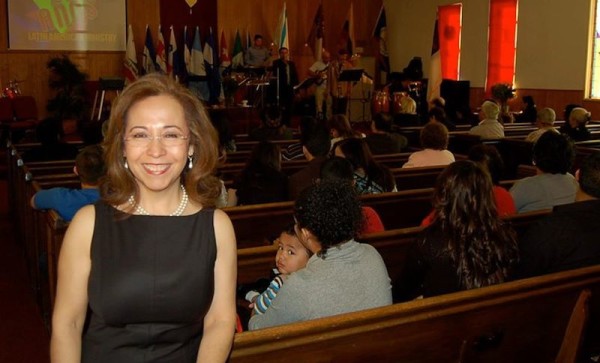
Reina Casco at the Glendale Hispanic church which she pastors in the Los Angeles area.
Reina Casco, wife of Bishop Denis Casco of Mexico Conference, entered a Los Angeles-area hospital on Sunday with an aneurysm. The Cascos live in Monrovia, Calif. Bishop Casco posted the following (with some editing–English is his second language) on Tuesday, September 10.
Bishop Denis Casco, Mexico Conference
Today Reina is talking a little more than yesterday, and that’s a good sign for recovery. I’m counting each day as a gift of life for all my family, because today I learned more clearly that we can die in a second, and that’s what would have happened with Reina. Aneurysm is highly dangerous if not treated immediately. Reina could have died, but God did not allow it because it is He that gives life and takes it away.
Reina is slowly responding. She continues in ICU under strict medical care. Pain will be in her head for a few days, so they have to deliver morphine.
Everyone here in my family is very grateful to all of you for taking care of me with your text messages, phone calls, visits, and especially for your prayers. God has listened carefully and responded to all of you with such love and mercy for Reina. Please keep praying for Reina. This is a very critical period for her.
Address:
Reina Casco
2427 Rochelle Avenue
Monrovia, CA 91016
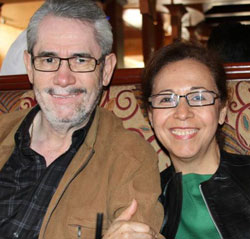

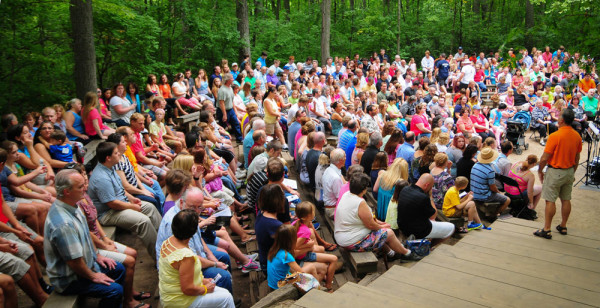
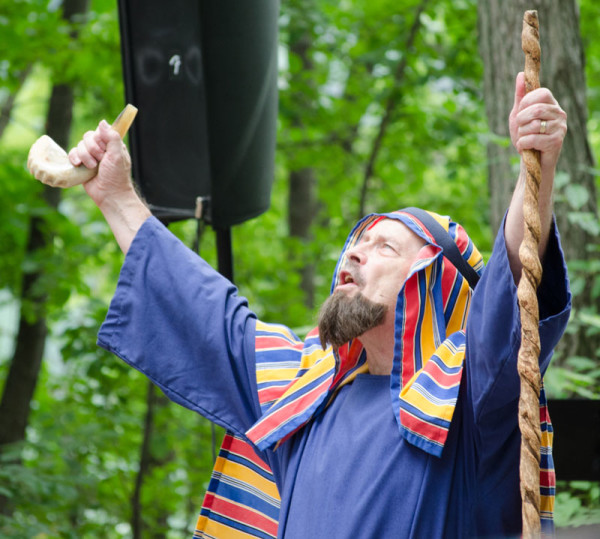




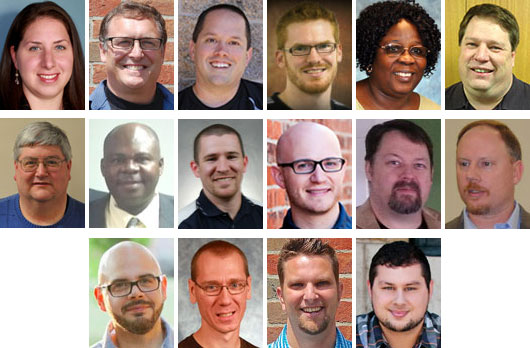
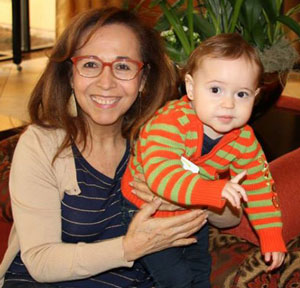

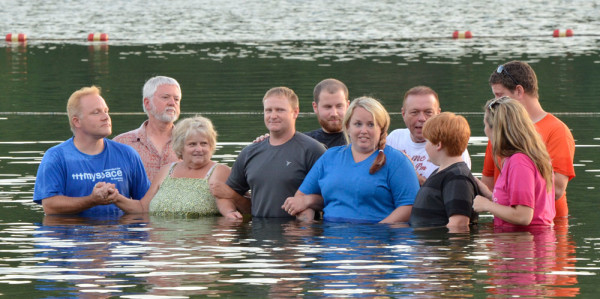
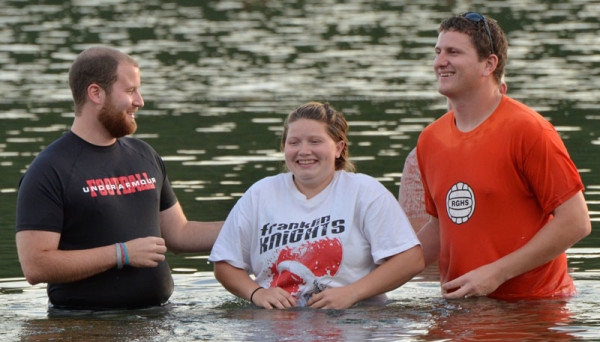
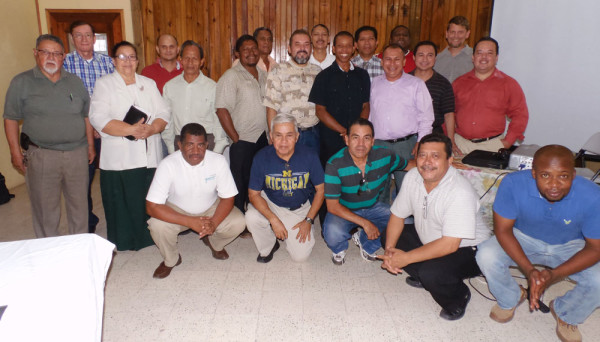
 Jeff Bleijerveld (right), Director of Global Ministries
Jeff Bleijerveld (right), Director of Global Ministries